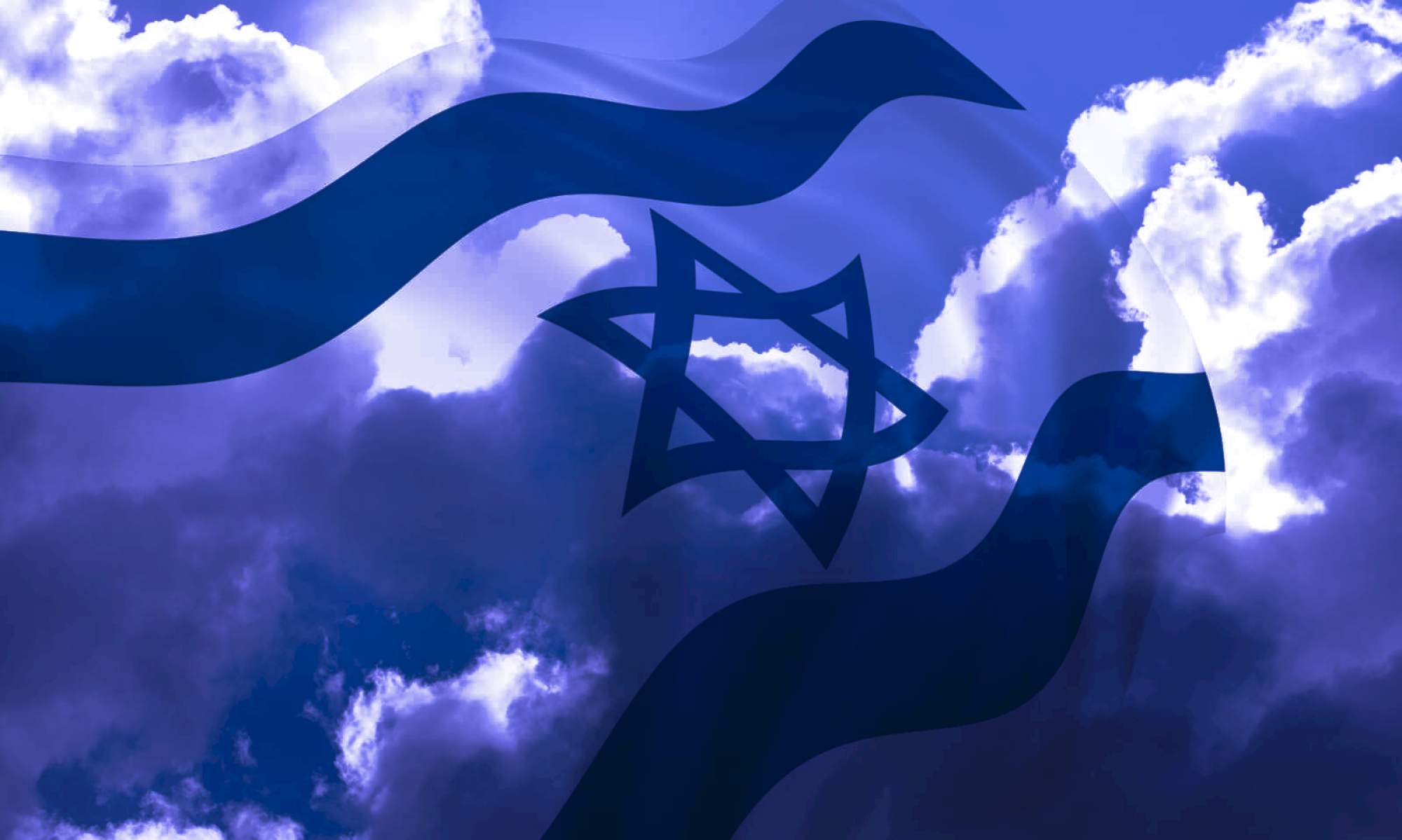
The new Syrian government, under pressure from the United States and possibly negotiations with Israel, is clamping down on Palestinian groups backed by Iran, forcing them to leave the country and disarm
Meanwhile, local people, such as the residents of Yarmouk, are seeking only peace after years of war.
Palestinian armed groups linked to former Syrian President Bashar al-Assad, who had received support from Iran, have left Syria under pressure from the new government led by Ahmed Al-Sharaa, according to Palestinian sources.
Al-Sharaa took power in December after overthrowing Assad, who had Iranian support.
These groups’ departure comes after demands from the United States, which asked the new Syrian government to combat Palestinian terrorist groups as a condition for lifting sanctions on Damascus.
There are also unconfirmed reports that Syria is indirectly negotiating with Israel about a possible rapprochement, although Israeli leaders are wary of Al-Sharaa because of its past ties to jihadist groups.

The crackdown has not affected the presence of Hamas, a Gaza-based group also backed by Iran, or Fatah, the secular group that controls the Palestinian Authority in the Judea-Samaria.
A leader of an Iranian-backed Palestinian group that left Syria after Assad’s fall said, without giving his name, that most of the leaders of those factions had left Damascus for countries such as Lebanon.
Another leader, still in the Syrian capital, confirmed the information.
The leader said that the groups had handed over all weapons from their headquarters and members to the Syrian authorities, who also demanded lists of the names of those who owned individual weapons.
A third representative of a Palestinian group in Damascus said that after Assad’s fall, the weapons were collected by the groups themselves and handed over to the authorities, but some light weapons were kept for protection, with government permission.
In the Yarmouk Palestinian refugee camp outside Damascus, which was destroyed during the Syrian civil war, faction flags that used to fly at the entrance have disappeared, and the group buildings are closed and unguarded, according to AFP photographers.
Other faction headquarters in Damascus also appear to be closed.

Background and context
Many Palestinians fled to Syria in 1948, after the creation of Israel, and from the 1960s onwards the country was home to leaders of Palestinian armed groups.
Under Assad’s rule, Iranian-backed groups had a wide range of freedom of action.
The United States, which considers some of these groups to be terrorist organizations, recently lifted sanctions on Syria.
The White House said President Donald Trump, in a meeting in Saudi Arabia, gave Al-Sharaa a list of demands, including the expulsion of “Palestinian terrorists.”
These Iranian-backed Palestinian groups are part of the so-called “Axis of Resistance,” an alliance that includes other groups from Lebanon, Iraq and Yemen, all committed to the destruction of Israel.
Some of these groups fought alongside Assad’s forces during the civil war that began in 2011.
In Lebanon, an agreement with Palestinian Authority President Mahmoud Abbas calls for the disarmament of Palestinian camps, where the factions control security, to begin next month.
Abbas also met with Al-Sharaa in Damascus last month.

Restrictions and tensions
A leader of a Palestinian group said that although they have not received official orders to leave Syria, they have faced restrictions, including bans on operating and arrests of members.
Syrian authorities have also confiscated property, including homes, offices, vehicles and military training camps.
Earlier this month, the Popular Front for the Liberation of Palestine-General Command (PFLP-GC) said its leader, Talal Naji, was briefly detained.
In April, the Islamic Jihad group said two of its members, Khaled Khaled and Yasser al-Zafri, were arrested without explanation and remain in detention.
Another leader of a group that is still in Damascus but with a reduced presence, said there is little cooperation with the new Syrian government.
“The responses to our contacts are cold or slow.
We feel like unwelcome guests, although this is not clearly stated,” he said, also requesting anonymity.
A Hamas official in Gaza said the group maintains “channels of communication” with Syrian authorities, but its presence in the country is minimal, as Hamas left Syria at the start of the civil war after supporting opposition demands against Assad.
The situation in Yarmouk
Marwan Mnawar, a retiree living in Yarmouk camp, said “no one knows what happened to the factional leadership.” He added that “people just want to live, they are exhausted” after years of conflict and infighting between groups.
Published in 05/24/2025 01h05
Text adapted by AI (Grok) and translated via Google API in the English version. Images from public image libraries or credits in the caption.
Reference article:
| Geoprocessing Drone Systems HPC |

| ERP and CRM Systems Mobile Systems AI |


